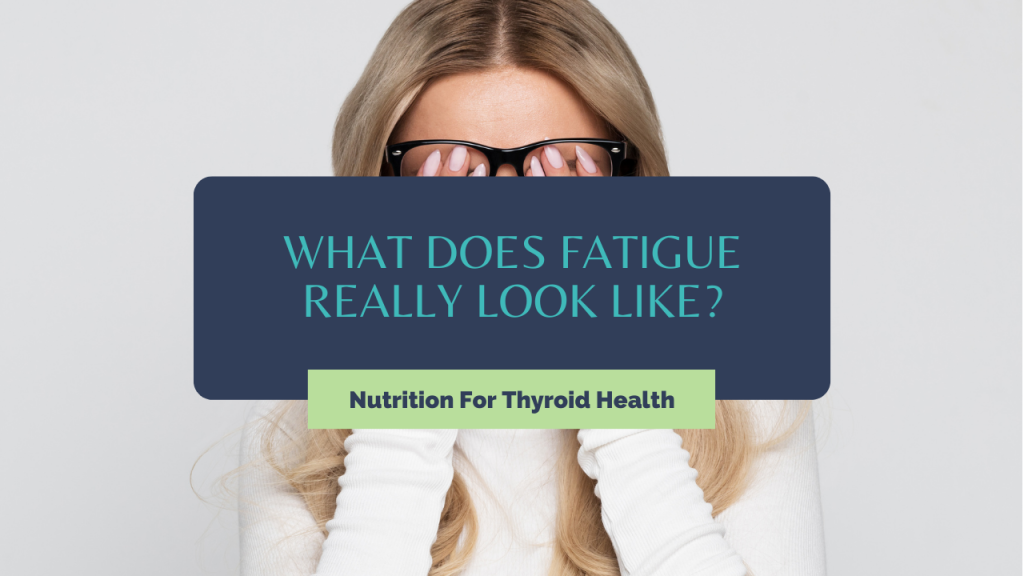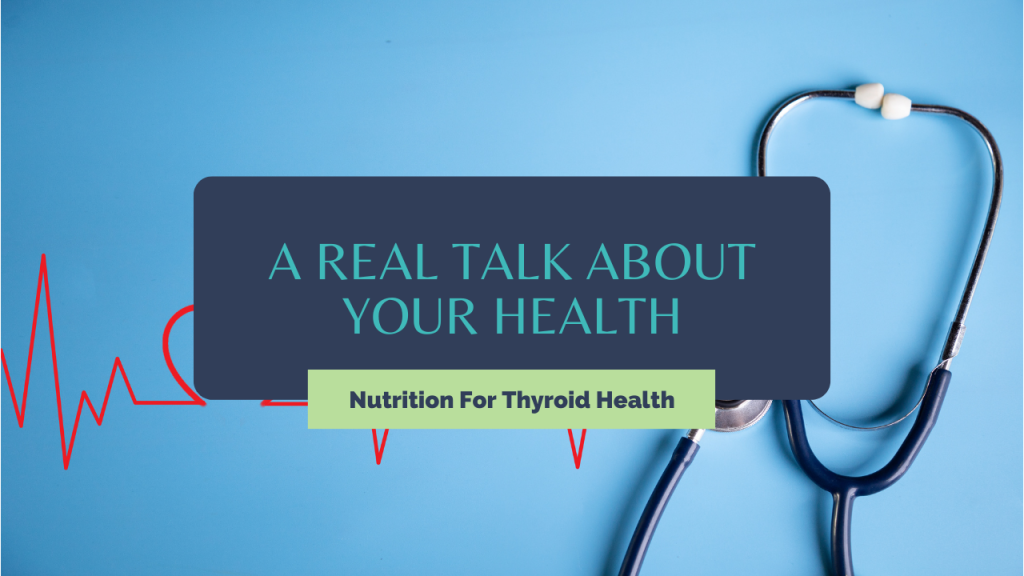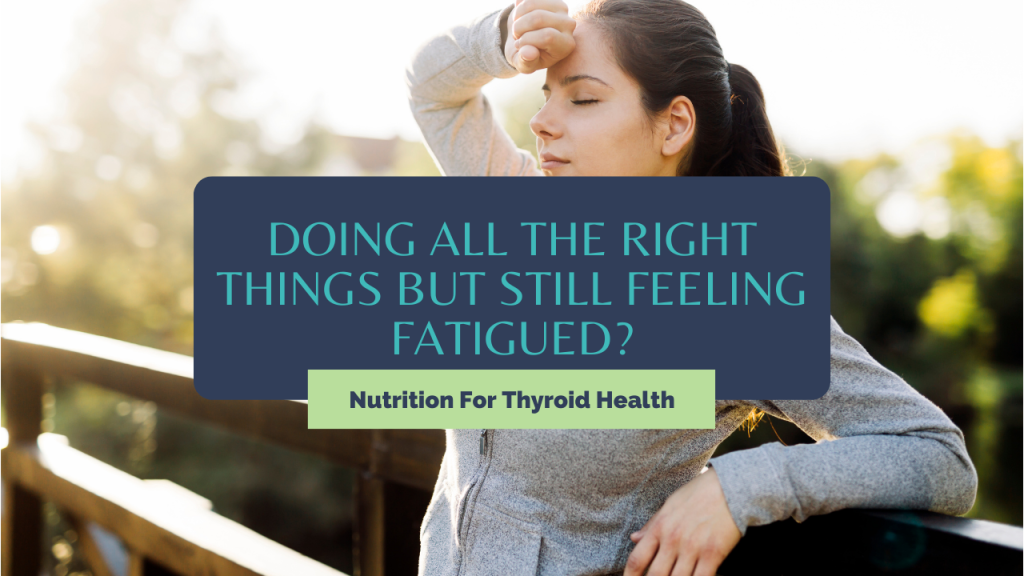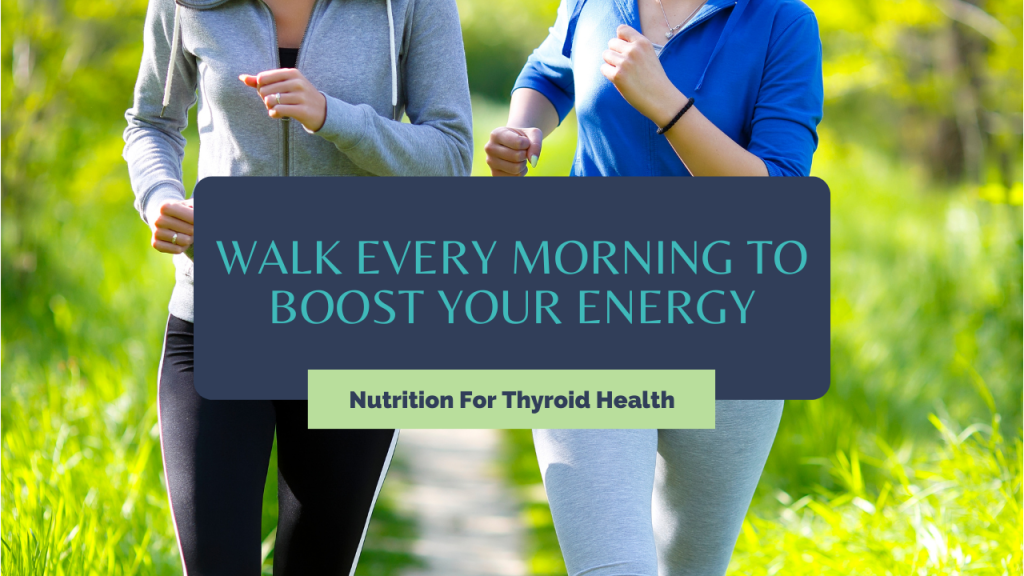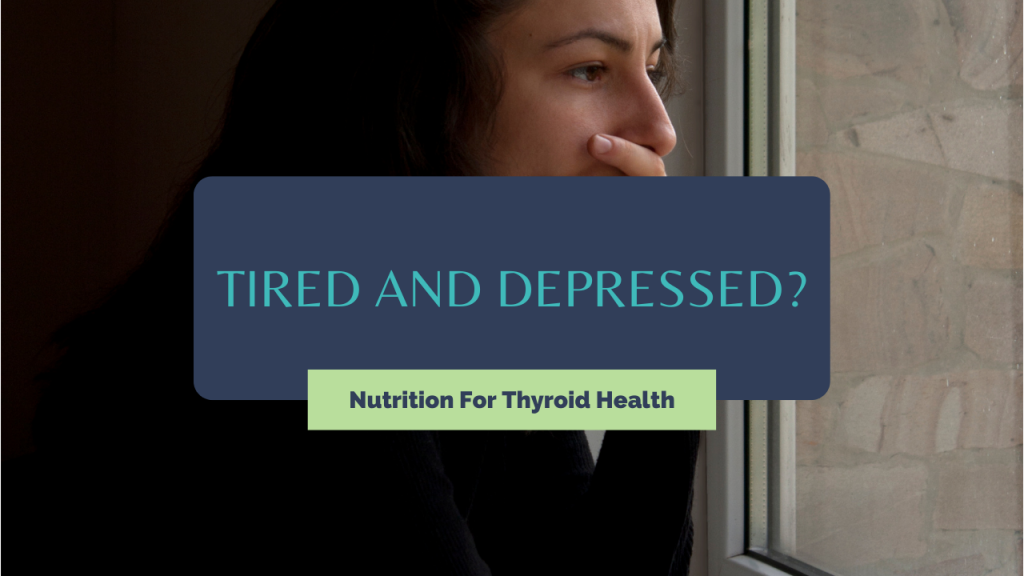What Does Fatigue Really Look Like?
There are two things I see on a regular basis that have become so normalized, they’re often overlooked: fatigue and stress. Everybody talks about being stressed out and tired, to the point where it’s become “normal.” What I’d like people to understand is that it’s not normal, nor is it healthy, just because it’s so common. Whatever is going on under the surface is contributing to this debilitating fatigue.
What Is Fatigue?
Fatigue is not something we need to accept as a fact of life; there are things we can do about it. Let’s start with a basic understanding of what fatigue looks like for people who experience it.
Permanent Jet Lag
People describe fatigue as akin to permanent jet lag, where you’re exhausted and experiencing brain fog. You might have increased sugar cravings. If you feel like you have chronic and permanent jet lag, this is not normal, especially when you’re not traveling.
Like Walking In Sand
People also describe fatigue like walking in really deep sand. Your legs might feel extremely heavy, like lead. It’s as though your body cannot go, and you can’t get your legs to work.
Like Having Anchors on The Limbs
People also describe fatigue like they are living with anchors tied to their limbs. Some may attribute this to being overweight, so they go and exercise, or they try to reduce their calories to unhealthy levels.
Like Having an Uncharged Battery
I think of fatigue as never having your battery fully charged. You feel sluggish and only have brief periods of energy — say, when you’re excited about an upcoming event or holiday.
Common Triggers for Fatigue
Thyroid Issues
Thyroid disease is a common cause of fatigue. Often, it’s Hashimoto’s or hypothyroidism, and a smaller amount of time it is due to thyroid cancer and the removal of the thyroid gland. In these cases, it’s common for people to struggle with fatigue until they get leveled out and optimized on their medications.
Medications
In other instances, fatigue can be a side effect of medications prescribed for anxiety, depression, migraines, blood pressure, or blood sugar. If that’s the case, you could look at whether it’s possible to get on a different medication with fewer side effects. I also recommend looking closely at the root causes of the condition you’re taking the medication for.
Diet
Poor diet can lead to functional nutritional deficiencies at the cellular level. There are nutrients that are specific to fueling the batteries in every cell that we have in our body, called the mitochondria. And when you are not getting proper nutrition and eating mostly packaged and processed foods, there’s no way you’ll be able to fuel your body to fight the fatigue.
That is where I come in and help you boost up your nutrients so that your cells get the fuel they need. You need to put the right gas into the cellular “gas tank,” not synthetic garbage that makes you feel lethargic. With my specific guidance, you can enhance what you’re already doing instead of throwing your hands in the air and giving up.
Movement or Lack Thereof
Another trigger can be both too much or too little movement. Sometimes people’s response to feeling tired is to work out harder. However, if you’re fueling your body inefficiently and you’re exercising way too much or too intensely, that’s the perfect storm for feeling fatigued.
Lack of movement can be equally problematic. If you’re not doing anything and you truly are lying on the couch watching Netflix and eating snacks, that is not going to help your fatigue either. Try a walk around the block or even sitting in your yard and being outside in nature. Start somewhere and do it consistently, and it will help with the fatigue.
Stress
Another trigger for fatigue is stress. Our bodies can only take so much stress, and we put our bodies through the wringer. We work too much. We don’t sleep enough. We eat like crap. We drink too much alcohol. We worry. Whatever it might be. There are so many things that we do, and our bodies are miraculous in that they keep us upright even though we deal with stress daily and don’t take time to reduce stress.
Do your body a favor and look at what you can do to give yourself even five-minute breaks throughout the day. Get out in the sunshine and walk in nature. Take a few minutes to meditate. Your fatigue will improve if you make a conscious effort to manage stress.
Conclusion
There are many more things you can do to improve fatigue, including looking at gut health, allergies, hydration, hormones, sleep, and more. If your doctor is dismissing your symptoms as simply a sign of getting older, you don’t need to accept that diagnosis. Start with some of the quick tips above and see if your fatigue improves.
If your symptoms persist or you have debilitating fatigue, then you might need more extreme measures. You can find a lot more answers and guidance by joining the All-Year Resolution membership, which gives you monthly support to help you improve your overall health and wellness. It’s only $47 a month currently, but it won’t stay that way forever. Get in now while I’m offering this introductory special, and you can start taking steps to overcoming your fatigue right away.
What Does Fatigue Really Look Like? Read More »

